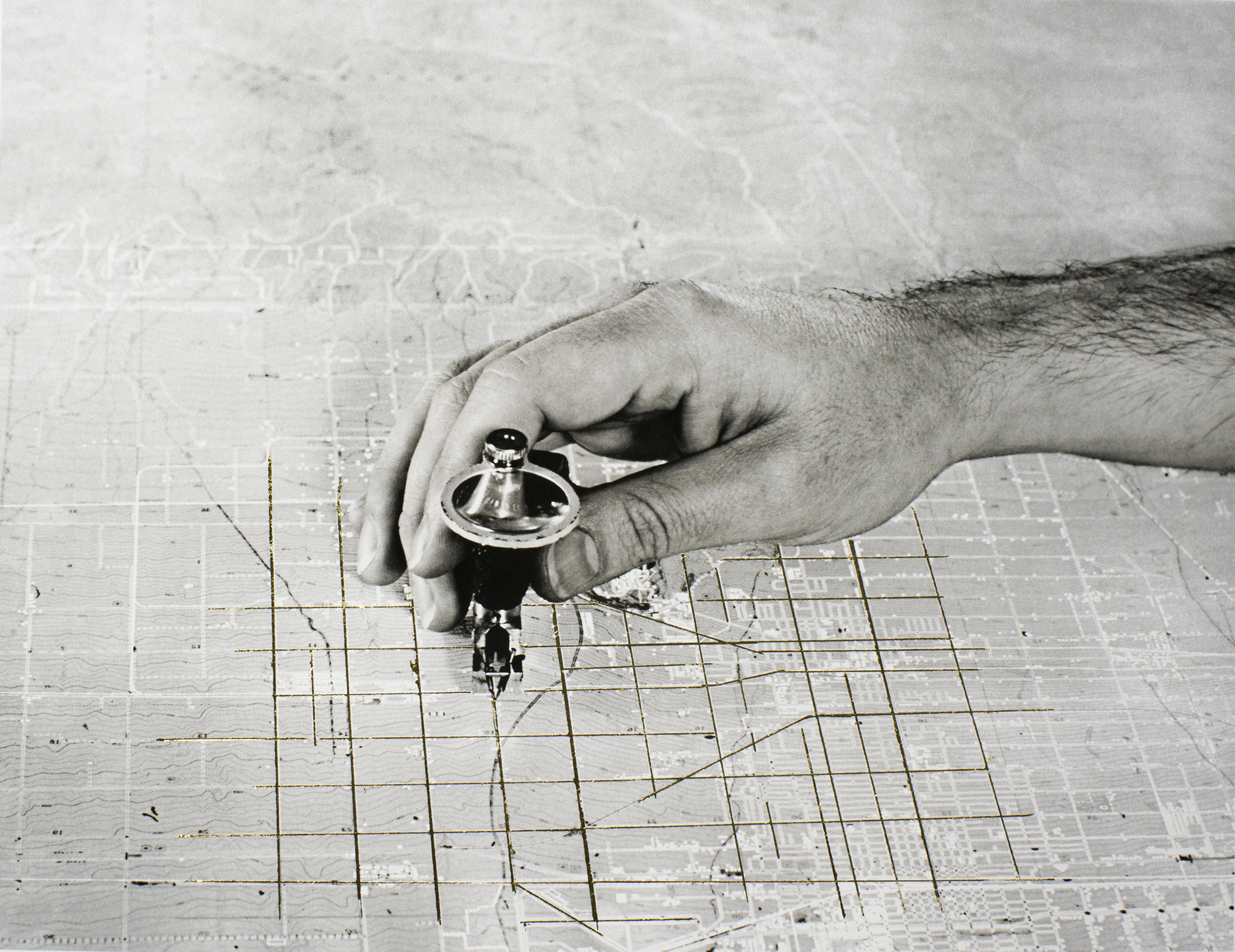Of the four categories we chose for our tools, magic has perhaps the least obvious connection to human need.
Food, Shelter, Kin—these are all more or less clear in this regard. But magic? What is magic anyway?
Magic can mean a lot of different things, but isn’t “transformation” always its basic characteristic? Whenever we call something magic, isn’t it because one thing has become a new thing or because something new has appeared as if out of “thin air?” The moments we call “magic” are all typified by this sort of revealing—the moment of appearance. Presto. The rabbit out of a hat; the card you did not expect; the sublime pass in basketball; lines of true poetry.
Seen in this light, magic is everywhere, at least potentially. For example, all making can be felt as magic. Making means bringing something into being that was not there before. Isn’t that magical? (As identified by the telltale “Presto” element). If we do not always feel that way, isn’t it only because we have the tendency to dissolve our regard for made things and even the tools that make them into what philosopher Timothy Morton calls an “economic acid”—meaning our habitual reduction of the world to a sort of means-ends, rationalist mentality that has become dominant in post-Enlightenment, capitalist society?
The characteristic of “transformation,” then, is necessary and yet not quite sufficient to define what we call magic. Magic is transformation plus some sort of awe, or at least surprise. Magic is a transformation that we cannot completely fathom—a transformation that we are unable (or unwilling!) to dissolve in the economic acid of our disciplined perceptions. Magic works against the reductive tendencies of our rationalized world.
This last observation gets at the root of why for us Magic is an essential category of Toolshed. We believe that an ecological understanding of the world, and thus our future, depends upon a certain humility, a certain openness to enchantment and wonder that can expose transformation–all transformation–as magical, that is to say, unable to be dominated and dismissed by our more instrumentalized understanding.
Such humility is important for ecology because it complicates the question of agency. Who makes magic, where does it come from? Our habit of mind is that humans themselves produce it and that magic is always merely an illusion. However mysterious something seems, given the time and method we could certainly get to the bottom of it, dispel its magic.
But this is a rather stupid way of understanding causality. Consider again the idea of making something. Humans make and make to a purpose, no? But, a-ha! Already in this very rational conception isn’t that purpose itself confederate in the making, exerting a definite agency, determining what sort of thing gets made? And what, in turn, caused this purpose to appear? A complicated set of environmental and cultural conditions? Well, what sort of thing is that? A fog into which our understanding disappears. Further, what about the materials out of which the thing was made (the silver, the wood, the chemicals)? Do not these materials themselves have a sort of agency, a hand in the causality, a demand on the limits and shape of the thing, even a special pleading, a crying out to be formed? Looked at in this relational (i.e. ecological) way, there is much less difference between what is made and what is not, between the cultural and the natural. Both appear before us as a sort of miracle, conjured, a mystery of compound causalities, magic. In this way, magic is not the opposite of science (as we have been taught to think), but rather its complement.
That magic so conceived is essential to our existence can be detected in the well-known quotation that “man cannot live on bread alone” (often attributed to Christ but actually Christ himself was quoting the Old Testament). This extra thing upon which we depend, according to the Bible, is spirituality, and for us in this project, magic connotes that spirituality. Magic is a measure of feeling alive, un-deadened by habit, that originates from perceiving one’s self in relation rather than in isolation. Magic is a relinquishing of habitual notions of causality in favor of a world of appearances appearing, of things happening, of effects as causes and causes as effects.
We can also see magic’s essential operation in this quotation by Malcolm X: “Light creates understanding, understanding creates love, love creates patience, and patience creates unity.” There is magic in every step of X’s chain. It begins with light (coming from where and how does it reach us?) and presto we get unity. There can be no Kinship without Magic. Likewise there can be no Shelter without Magic, as any shelter depends upon transforming the everywhere into somewhere; revealing the somewhere out of nowhere. And what is Food but Magic incarnate, the very essence of magic—the sun transformed into energy tailor-made for us (by whom?).
The tools of magic, therefore, are what we use to transform in a spirit of humility and gratitude.
